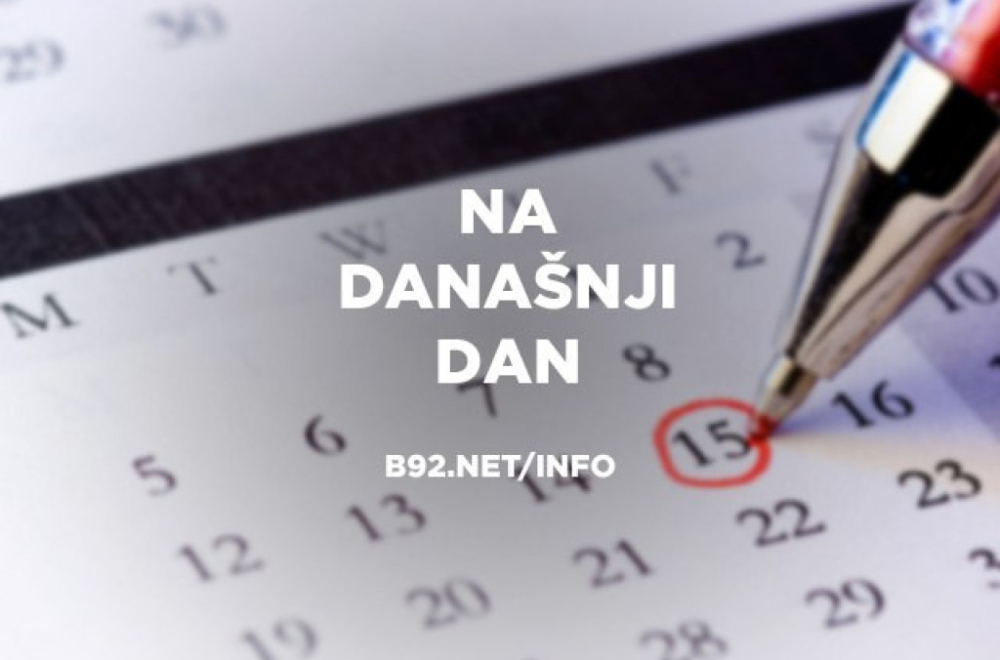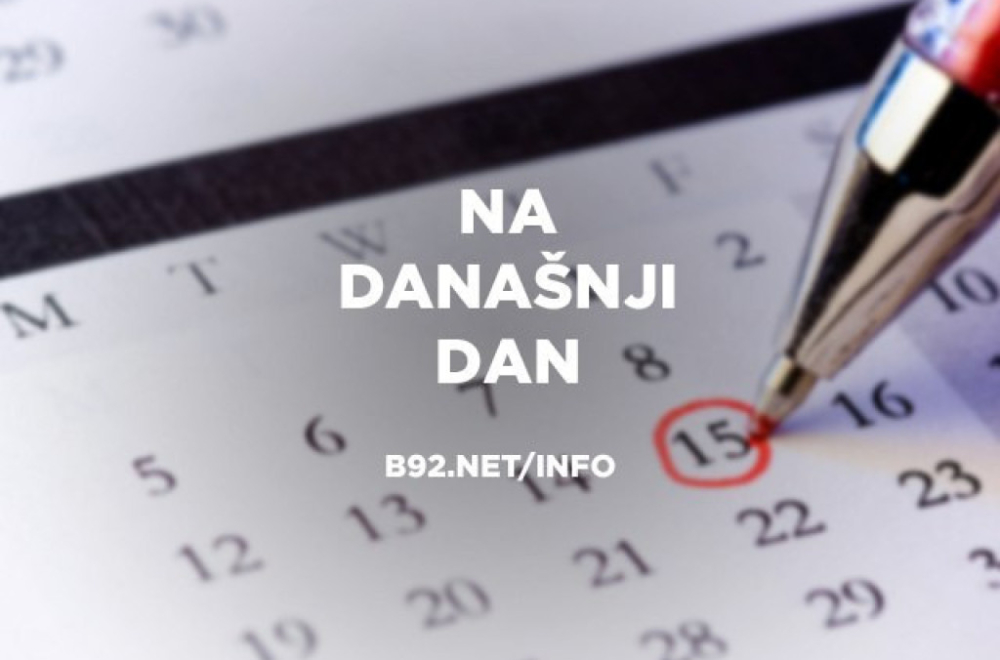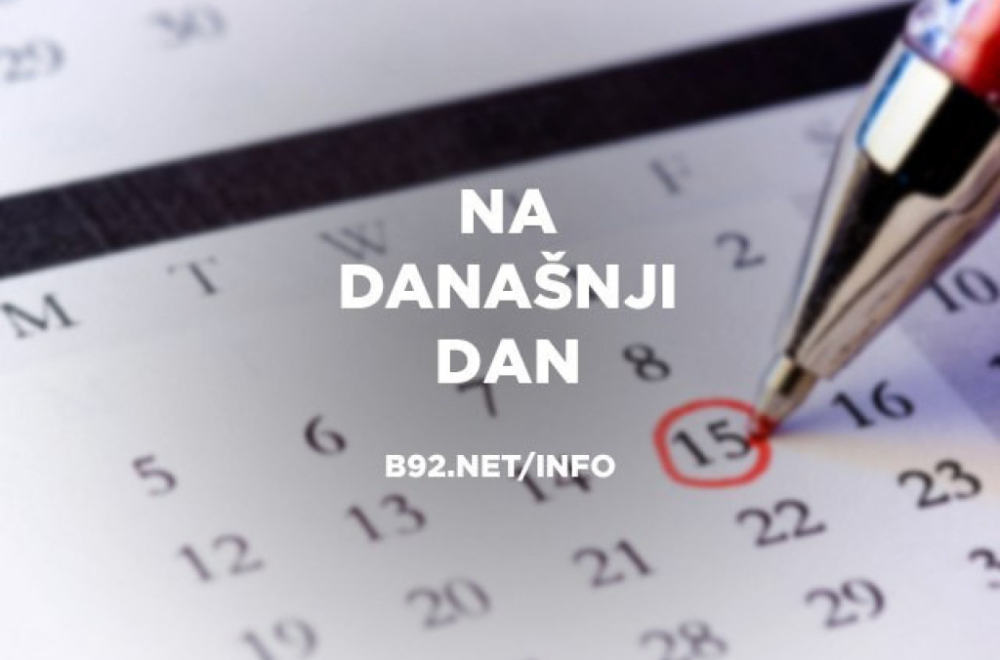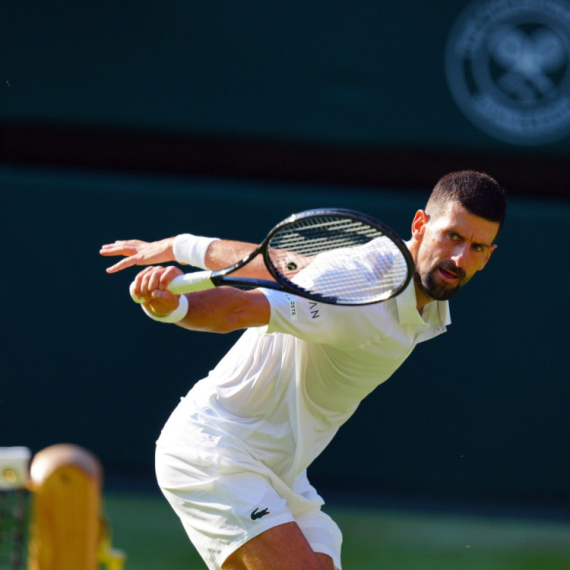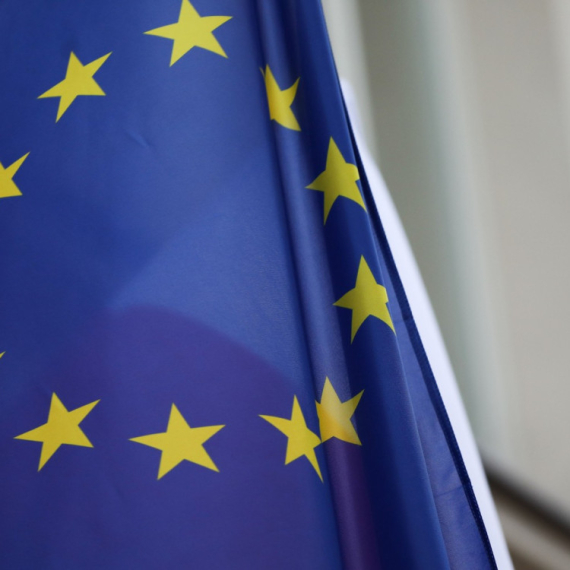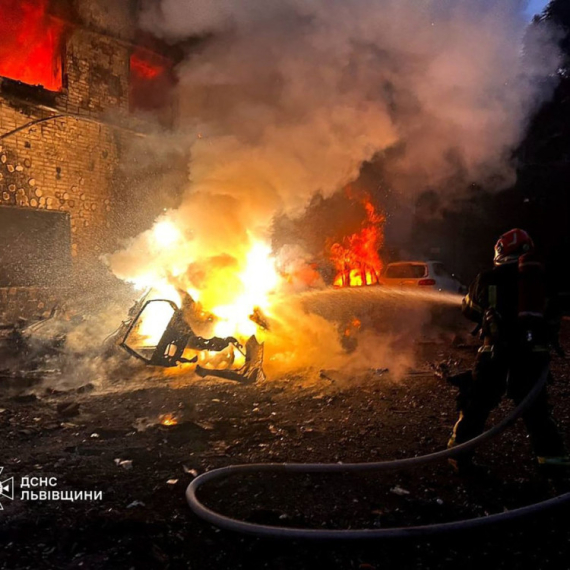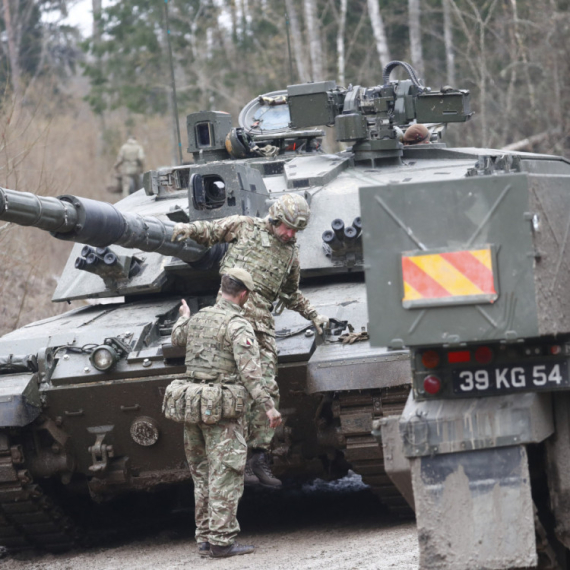July 13 Through History: Blood, Revolution, and Football Spectacle!
Did you know that on July 13, one of the main leaders of the French Revolution, Jean-Paul Marat, was brutally assassinated? Yes, it was no ordinary day! Charlotte Corday, brave or maybe crazy, killed Marat, and just four days later, she was guillotined. Revolution is not for the faint-hearted!
But that’s not all. On this day, Greece celebrated a major victory over Turkish forces at the Thermopylae Pass, a key moment in their fight for independence. Queen Victoria decided to make Buckingham Palace her residence — the first British monarch to live there. Was this the start of royal fashion?
Furthermore, the Berlin Congress concluded, reshaping the fate of Southeast Europe. Serbia and Montenegro gained international recognition and expanded their territories, while Austria-Hungary obtained the right to occupy Bosnia and Herzegovina. Politics and power played their games, while ordinary people watched from the sidelines.
Did you know the British airship R34 made the first flight across the Atlantic? The journey lasted hours but was a huge leap for aviation.
And football fans, get ready! The first World Football Championship began in Montevideo with 13 teams, including the Yugoslav team. Did they know then that football would become a global obsession?
In Montenegro, an uprising against the Italian occupier was raised — the largest anti-fascist uprising in Europe at the start of World War II. The Soviet army ended a crucial phase of the Battle of Kursk, the largest tank battle in history, involving about 6,000 tanks and massive German losses.
Soviet troops captured Vilnius in Lithuania, and in Los Angeles, Arnold Schoenberg, a revolutionary of 20th-century music, passed away.
In Florida, the American spacecraft Apollo was launched, participating in the first Soviet-American space mission. Humanitarian concerts Live Aid were held simultaneously in London and Philadelphia, watched by about a billion viewers worldwide, raising 60 million dollars to help the hungry in Africa.
Soviet athlete Sergey Bubka set a new world record by clearing six meters in the pole vault for the first time.
In Israel, Yitzhak Rabin expressed readiness to visit the capitals of Arab countries to achieve peace in the Middle East.
In Cetinje, the autocephalous Montenegrin Orthodox Church was proclaimed, but it was not recognized by any other Orthodox church worldwide.
In Berlin, the Love Parade festival was held with about half a million ravers, the largest public gathering in the city since World War II.
Thousands of Iranian students clashed with police protesting a ban on unofficial gatherings, and China deported Chinese-American scientist Liu Xiaobo for espionage.
The Emir of Kuwait issued a decree separating the mandate of the prime minister from the crown, the first time since Kuwait’s independence.
The Paris Declaration was signed, establishing the Union for the Mediterranean, a partnership of 43 countries.
In Poland, former foreign minister Bronisław Geremek died in a traffic accident, and Montenegro’s population was about 620,000 according to the census, with a diverse ethnic composition.
Lorin Maazel, an American conductor and composer, passed away, and Chinese dissident and Nobel Peace Prize laureate Liu Xiaobo died in hospital.
In Poland, incumbent president Andrzej Duda won the election, and Đerdap on the Danube was inscribed on the UNESCO Global Geoparks list, the first in Serbia.
In the end, July 13 is a day packed with historic turning points, from revolutions and wars to sports and cultural events. Who would have thought one day could be so powerful?
If you made it this far, drop a comment — which event surprised you the most? Or do you have a favorite historical date? Let’s have some fun and learn together!





